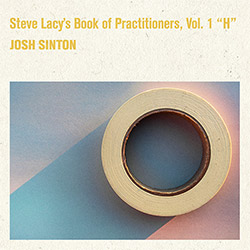
Six etude studies originally written by Steve Lacy in the 1980s, with whom NY baritone saxophonist Josh Sinton collaborated in the early 2000s, and who gave his blessings to Sinton's approach and adaption of each, developed subsequently for 20 years and recorded in 2021 for this album, demonstrating Sinton's personal approach to both Lacy's material and with the deep reed saxophone.
Out of Stock
Quantity in Basket: None
Log In to use our Wish List
Shipping Weight: 3.00 units
Sample The Album:
Josh Sinton-baritone saxophone
Click an artist name above to see in-stock items for that artist.
Label: FiP recordings
Catalog ID: fpcd04
Squidco Product Code: 32268
Format: CD
Condition: New
Released: 2022
Country: USA
Packaging: Digipack
Recorded at Oktaven Studios, in Mt Vernon, New York, on June 18th, 2021, and March 21st, 2022, by Ryan Streber.
"These pieces were written for my own use, as exercises and studies for the saxophone. Each is a portrait of, and an homage to, a distinguished practitioner of a particular art, to each of whom I owe a debt of gratitude, for their instruction and inspiration The form is constant: after a brief introduction, evocative of the personality of the subject, a series of repeated patterns unfolds in strict sequence, until the portrait is complete, then the introduction returns, leading to the improvised middle section, which is based on the mode implicit in the introduction. When this section has been filled to the brim, the main set of motifs returns, thus completing the picture."-Steve Lacy, Findings: My Experience with the Soprano Saxophone, p. 79-80.
"This is the most concise guide available for this first set of toughly mysterious, austere pieces penned by Steve Lacy in 1983. It's a classic gambit of his: easy-to-understand performance rules that give no indication of the immense challenges of execution. To be clear, it's not necessarily the finger patterns that pose the greatest difficulty (although a couple of these pieces could definitely be called "knuckle busters"), nor the articulations nor the rhythms. It's the repetitiveness of the etudes. It's the repetitiveness of the etudes. It's the repetitiveness of the etudes. Forgive me if that reads as being too cutesy or glib, but that very awkwardness is the point. These pieces constantly run the risk of being cute or silly or obvious or (worst of all) boring. What Lacy called "dead art" (I loved how practical Steve could be. He instructed all of his students to play art that was "alive," because making art was indeed a matter of life and death). At every moment of performing these pieces I ran the risk of standing outside of myself, outside of the moment and dwelling on how simple this thing was. The melodic-harmonic-rhythmic elements of these etudes are of such simplicity that I could easily become embarrassed playing them because I'm just saying the same thing again, I'm just saying the.... You get the picture.
I began working on these pieces in 2002 while attending the New England Conservatory and performed one of them ("Hustles") at a recital. Steve helped me as much as he dared that year. He wasn't sure if they were performable on the baritone saxophone, but after hearing my initial attempts he gave it his blessing. I've been whittling away ever since. Twenty years of the same little phrases played over and over and over again. In 2021 I decided to force myself to record them so I could move on to other vistas. At this point in my life and in my relationship to these 6 compositions, "mastery" is neither the point nor a consideration. Only point-of-view and relationship-to-the-materials are. I've found a kind of equilibrium with the first volume of Practitioners. And in doing so, I'd like to think I've made a little headway in my life's project of recalibrating and reconceptualizing how the baritone saxophone is heard. It's a musical instrument, a tool for expressing and sounding. It has a given range and a method of operation, but that's it. That's almost all one can objectively say about the instrument. Just about everything else is subjective, is stereotype, is prejudice. One can play as quietly, as gracefully, as flexibly as one desires on this instrument, the only legitimate limitations are those imposed by physics and the player's imagination.
I will admit that I've altered some of these pieces. Sometimes it's a change of key (starting "Hurtles" on written A instead of Ab), sometimes it's a drastic change of fingering patterns (I play "Hubris" and "Heebie-Jeebies" at the same pitch as a tenor saxophone), there are a couple of alternating octave transpositions (all of the introductions except for "Hustles.") and in one case there's a makeover of some rhythm and phrasing (the 3rd section of "Heebie-Jeebies"). These are to accommodate the sound-production issues native to the baritone saxophone. These issues being pitch clarity and precision of musical gesture. Much of what Steve wrote in his etudes happens in the bottom register of the saxophone and that makes sense given his life-long focus on that area of the soprano sax.
At this point in time I don't think anyone needs to emphasize the low-end of the baritone saxophone. Remaining in that register of the instrument is no different from playing the soprano saxophone exclusively in its highest register. Put another way, reminding every listener just how low and loud the baritone can be is at best silly and at worst boring. The baritone can sound beautiful and interesting in multiple registers. Moving sections of these etudes suits both my instrument and the music. I hope it helps open your ears to the infinite possibilities of this misunderstood, occasionally maligned musical instrument.
Finally, this recording is another aspect of my constant wrestling with the area of american culture called "the jazz tradition." It's a funny thing about traditions in the U.S. We cling so tightly to various vectors of activity all in the name of "maintaining" or "respecting" a tradition. But I think deep down white people fear that it's a self-induced illusion. Ever since the European colonists showed up on this continent, a primary justification for expansion, slaughter, colonization and creativity has been the myth of the self-created citizen. The person who strikes out on their own and makes what they will of the world and their life. And while this can inspire one with dreams of unlimited personal freedom, underneath those dreams is a subterranean fear that it's all smoke and mirrors since we have to lie to ourselves to make this way of life tenable. The more closely we cling to a tradition, the more likely it is that we're committing ourselves to an unstable illusion.
This is an overlong way of saying that as a European-American, I have been bequeathed the gift and curse of making my own traditions. Yes, I can borrow (and even outrageously mimic) other folks traditions, but whatever I term "tradition" is such simply because I desperately want it to be rooted in some kind of (any kind of) theorized past. I can claim all kinds of artifacts (songs, improvisational tactics, rhythmic articulation) as being talismans of a "jazz tradition," but every time I went to the (now long-passed) "Jazz" section of a record store, I could always find *so* many sounds that turned these talismans into cheap trinkets. Every time I play, every sound I make is an articulation of, an expression of an "american tradition" as I hear it. It partakes of everyone's sound and so takes place in none of them.
This uneasy conviction of mine has made me feel like a space alien in these parts. And like any respectable, U.S.-born space alien, I've gone about constructing a "jazz tradition" that makes the most sense to me. In this "jazz tradition" there is little daylight between composition and improvisation (they exist on a continuum of musical activity), there is no set repertoire (there are a multitude of personal repertoires) and creative music produced in the past fifty years was made using clear, utilitarian principles that are often different from the principles that preceded them because the name of the game in this "jazz" is to be a conservator of one's personal sources by innovating in one's public utterances.
These are all the considerations that went into making this record. I'm glad I've waited as long as I have to make it. It's all the better for that. I hope you take pleasure in the time you've given to it."-Josh Sinton
Artist Biographies
• Show Bio for Josh Sinton "Josh Sinton, a native of Southern New Jersey, born in 1971, is a creative musician who specializes in playing the baritone saxophone and bass clarinet. Growing up, his musical inspirations were his father's record collection, his brothers' record collections and watching his father play stride piano at parties. There wasn't anyone else playing music so to this day Sinton remains mystified that the music bug stuck at all. He studied composition at the University of Chicago and improvisation at the AACM in the 1990's and then proceeded to carve out a niche for himself in Chicago writing and performing music for dance (with Julia Mayer) and theater (at Steppenwolf Studio and Bailiwick Repertory) as well as performing and studying with local musicians such as Fred Anderson, Ken Vandermark, Ari Brown and Cameron Pfiffner. He would leave Chicago during this time for extended backpacking trips around Europe and India and found a lot of useful information for his later work. Determined to overcome his technical shortcomings, he gave all this up and moved to Boston in 1999 to resume studies at the New England Conservatory. He spent five years in Boston and met, played and studied with a variety of folks including Steve Lacy, Ran Blake, Dominique Eade, Jerry Bergonzi, Bob Moses, Jim Hobbs and the Either Orchestra. Despite their encouragement, Sinton was overjoyed when he got to leave Boston in 2004. Since then, Sinton has lived in Brooklyn, New York. He's been fortunate enough to be a long-standing member of Darcy James Argue's Secret Society, the Nate Wooley Quintet, the Andrew D'Angelo DNA Orchestra and Anthony Braxton's Tricentric Orchestra. With these groups he's travelled to several countries in Europe and South America as well as played many festivals (Moers, Newport, BMW, Bergamo, Tampere Jazz Happening, etc.). Sinton is proud of the collaborators he's been able to work with (Kirk Knuffke, Tomas Fujiwara, Chad Taylor, Mary Halvorson, Ingrid Laubrock, Jeremiah Cymerman, Josh Roseman, Harris Eisenstadt, Roswell Rudd, James Fei, Denman Maroney, Han-Earl Park, Greg Tate, Curtis Hasselbring, Mike Pride, Jon Irabagon) but the list of people he still hopes to play with is vast. As a long-standing member of the Douglass Street Music Collective, Josh Sinton has hosted hundreds of concerts over the past 7 years Brooklyn. His work has been recognized by Downbeat (Critics' and Readers' Poll), Jazz Times (Critics' Poll) and El Intruso (International Critics' Poll) and has been discussed in The Wire, Signal to Noise, Point of Departure, the New York Times and the New York City Jazz Record. Sinton defines himself as a "creative musician" rather than a jazz musician and has done so since 2011. His reasons for this are varied and personal, but some of them are outlined here and here. Suffice to say, friendly listeners can label him what they will. Sinton will just continue creating sounds with the goal of wasting nobody's time. Currently Sinton leads the band Ideal Bread as well playing regularly with the Nate Wooley Quintet and the Tricentric Orchestra. He is busy writing new music for himself and his collaborators as well as contributing essays to the websites of Darcy James Argue, Ethan Iverson's Do The Math, Destination: Out and Sound American." ^ Hide Bio for Josh Sinton
1/27/2025
Have a better biography or biography source? Please Contact Us so that we can update this biography.
Track Listing:
1. Hubris (to Babs Gonzalez) 7:27
2. Hallmark (to Edward "Sonny" Sitt) 7:20
3. Hurtles (to Karl Wallenda) 7:22
4. Hustles (to Niccolo Paganini) 11:19
5. Hocus-Pocus (to Harry Houdini) 4:50
6. The Heebie-Jeebies (to James P. Johnson) 5:11
Improvised Music
Jazz
Free Improvisation
NY Downtown & Metropolitan Jazz/Improv
Lacy, Steve
Solo Artist Recordings
Recordings by or featuring Reed & Wind Players
Staff Picks & Recommended Items
New in Improvised Music
Search for other titles on the label:
FiP recordings.


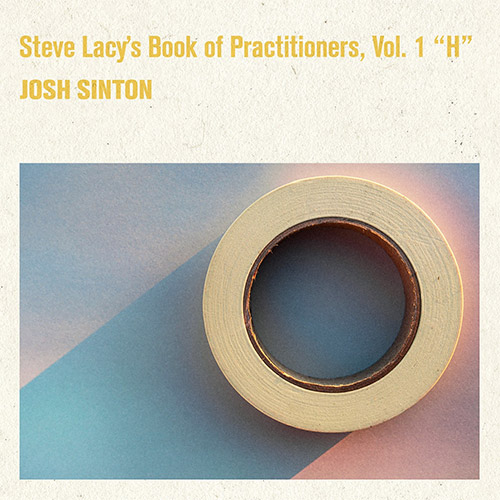
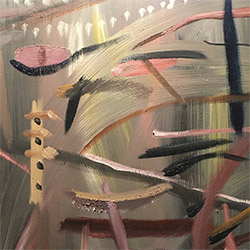
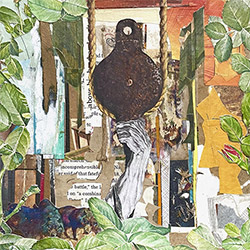
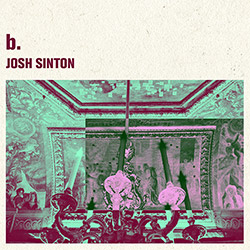



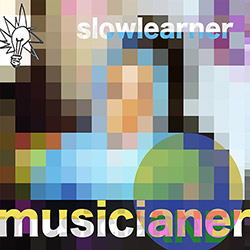



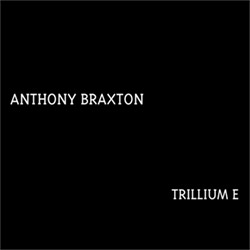
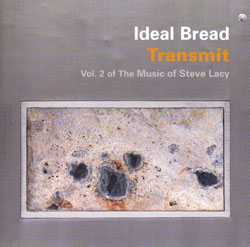
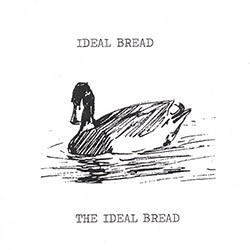
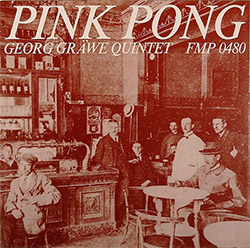
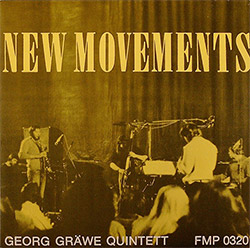
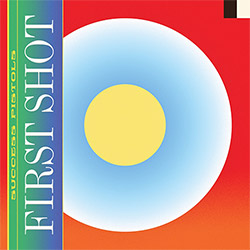

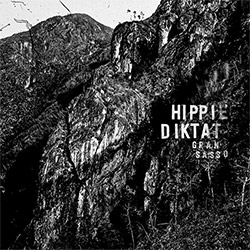
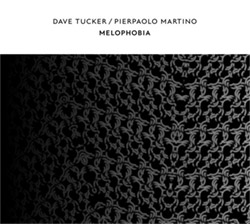
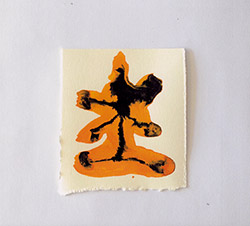
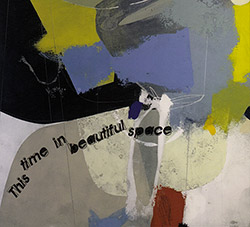
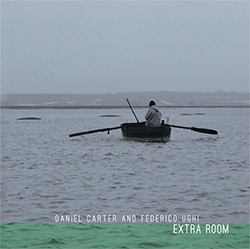

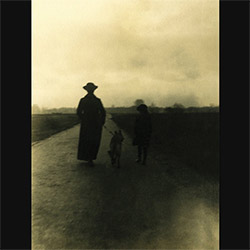




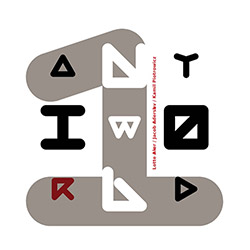
![Tusques, Francois / Sunny Murray 38: Intercommunal Dialogue 1&2 [2LPS w/ DOWNLOAD]](https://www.teuthida.com/productImages/misc4/35475.jpg)
![Birge, Jean-Jacques: Pique-nique Au Labo [2 CDs]](https://www.teuthida.com/productImages/misc4/35596.jpg)

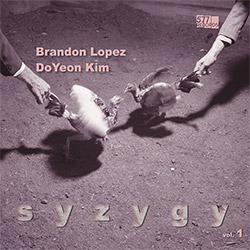
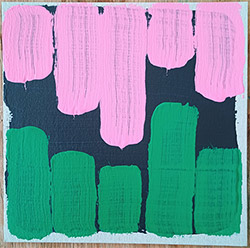



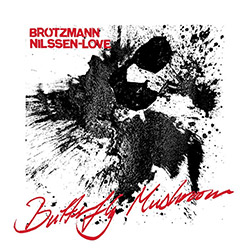
![Brotzmann, Peter / Paal Nilssen-Love: Butterfly Mushroom [VINYL]](https://www.teuthida.com/productImages/misc4/35541.jpg)
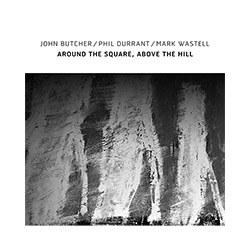
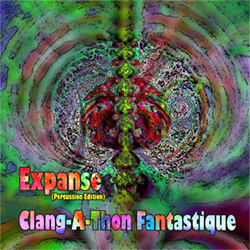
![Allen, Clifford: Singularity Codex: Matthew Shipp On Rogueart [BOOK]](https://www.teuthida.com/productImages/misc4/33454.jpg)


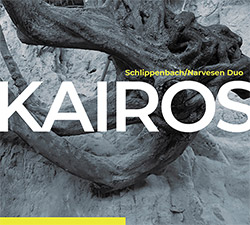


![Sun Ra: Lanquidity (DELUXE EDITION) [VINYL]](https://www.teuthida.com/productImages/misc4/35234.jpg)
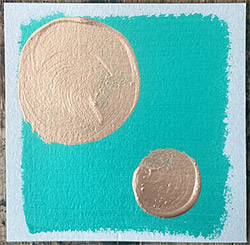
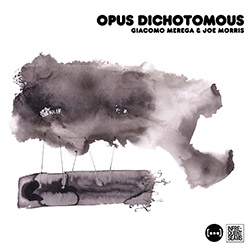
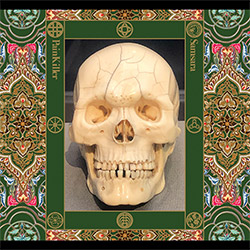
![Sun & Rain (Morgan / Laplante / Smiley / Nazary): Waterfall [VINYL]](https://www.teuthida.com/productImages/misc4/35604.jpg)
![Centazzo, Andrea: Ictus@45 - Out Off Nights [4 CD BOX SET]](https://www.teuthida.com/productImages/misc4/35611.jpg)
![Kaucic, Zlatko (Kaucic / Amado / Dorner / Grom / Guy / Fernandez / Snekkestad): INKLINGS [4 CD BOX SET]](https://www.teuthida.com/productImages/misc4/35614.jpg)
![Fernandez, Agusti feat. Barry Guy, Don Malfon, John Butcher, Jordina Milla, Liudas Mockunas, Lucia Martinez, Torben Snekkestad, Zlatko Kaucic: Agusti Fernandez @70 - Aesthetic Of Prisms. [7 CDs]](https://www.teuthida.com/productImages/misc4/35617.jpg)
![Sarian, Michael / Matthew Putman / Ledian Mola / Federico Ughi: The Sea, The Space, and Egypt, Vol. 1 [VINYL]](https://www.teuthida.com/productImages/misc4/35463.jpg)
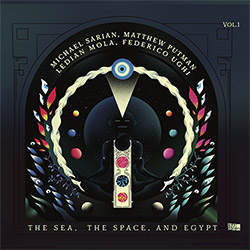
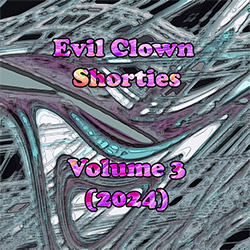
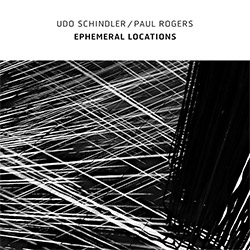
![Berne, Tim (w/ Rainey / Belisle-Chi): Yikes [VINYL]](https://www.teuthida.com/productImages/misc4/35602.jpg)


![Berne, Tim (w/ Tom Rainey / Gregg Belisle-Chi): Yikes Too [2 CDs]](https://www.teuthida.com/productImages/misc4/35601.jpg)

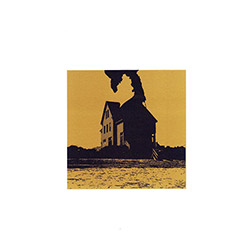
![Brulez les meubles (+ Ingrid Laubrock / Marianne Trudel / Jonathan Huard): FOLIO #5 [VINYL]](https://www.teuthida.com/productImages/misc4/35629.jpg)
![Butcher / Davies / Sanders / Thomas: Unlockings [VINYL]](https://www.teuthida.com/productImages/misc4/35002.jpg)
![Butcher / Davies / Sanders / Thomas: Lower Marsh [VINYL]](https://www.teuthida.com/productImages/misc4/35003.jpg)

![Fagaschinski, Kai / Yan Jun : Graveyard Processions [VINYL w/ DOWNLOAD]](https://www.teuthida.com/productImages/misc4/35474.jpg)
![Brant, Cody / Carl Kruger: Smoke Detail [CASSETTE w/ DOWNLOAD]](https://www.teuthida.com/productImages/misc4/35551.jpg)
![Weirs and Magic Tuber Stringband : The Crozet Tunnel [CASSETTE + DOWNLOAD]](https://www.teuthida.com/productImages/misc4/35570.jpg)
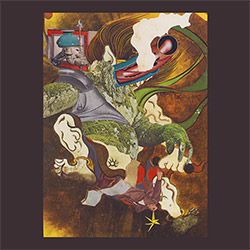
![Abcess Grenk: Erguss Von Licht [CASSETTE w/ DOWNLOAD]](https://www.teuthida.com/productImages/misc4/35560.jpg)

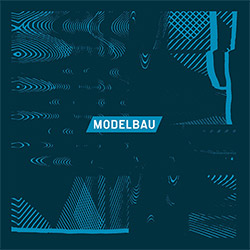
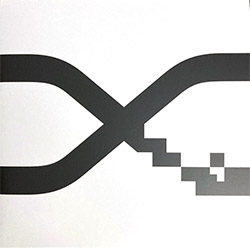
![Alva Noto: Xerrox Vol. 5 [VINYL 2 LPs]](https://www.teuthida.com/productImages/misc4/35359.jpg)
![Weston, Matt: Communism Has Appeared On The Scene [VINYL 2 LPs]](https://www.teuthida.com/productImages/misc4/35546.jpg)

![Jeck, Philip: rpm [2 CDs]](https://www.teuthida.com/productImages/misc4/35455.jpg)






![DNS: Taking Big Bites Of The Khandas Three Cafes Deep [2 CDs]](https://www.teuthida.com/productImages/misc4/35334.jpg)




![Cleaver, Gerald: The Process [VINYL]](https://www.teuthida.com/productImages/misc4/34966.jpg)




![Lonsdale, Eden: Dawnings [2 CDs]](https://www.teuthida.com/productImages/misc4/35480.jpg)







![Sanna, Claudio: Compositori Sardi Contemporanei II [2 CDs]](https://www.teuthida.com/productImages/misc4/35317.jpg)







![Zurria, Manuel: Fame di Vento [3 CDs]](https://www.teuthida.com/productImages/misc4/35167.jpg)

![Granberg, Magnus / Nattens Inbrott / Skogen: Holde Traume, Kehret Wieder! [2 CDs]](https://www.teuthida.com/productImages/misc4/35038.jpg)
![Frey, Jurg: Outermost Melodie [2 CDs]](https://www.teuthida.com/productImages/misc4/35039.jpg)

![Pavone, Jessica: Reverse Bloom [VINYL]](https://www.teuthida.com/productImages/misc4/34895.jpg)




![Modney (Modney / Wooley / Gentile / Roberts / Pluta / Symthe / ...): Ascending Primes [2 CDs]](https://www.teuthida.com/productImages/misc4/34852.jpg)






![Elephant9 : Mythical River [VINYL]](https://www.teuthida.com/productImages/misc4/34624.jpg)



![Elephant9 with Terje Rypdal: Catching Fire [VINYL 2 LPs]](https://www.teuthida.com/productImages/misc4/35355.jpg)
![Deerlady (Obomsawin, Mali / Magdalena Abrego): Greatest Hits [VINYL]](https://www.teuthida.com/productImages/misc4/34876.jpg)




![Haino, Keiji: Black Blues [2 CDs]](https://www.teuthida.com/productImages/misc4/35109.jpg)



![Surplus 1980: Illusion of Consistency [CD]](https://www.teuthida.com/productImages/misc4/35069.jpg)
![Staiano, Moe: Away Towards the Light [VINYL + DOWNLOAD]](https://www.teuthida.com/productImages/misc4/35037.jpg)



![Caveira (Gomes / Sousa / Abras / Ferrandini): Ficar Vivo [VINYL]](https://www.teuthida.com/productImages/misc4/34643.jpg)
![Gregg, J. J. / David Van Auken: Lunar Prairie [CD w/ DOWNLOAD]](https://www.teuthida.com/productImages/misc4/34611.jpg)

![Coultrain: Mundus [VINYL]](https://www.teuthida.com/productImages/misc4/32439.jpg)
![Mattin: Songbook #6 [VINYL]](https://www.teuthida.com/productImages/misc4/27317.jpg)
![Punkappella: Wake Up [7-inch VINYL]](https://www.teuthida.com/productImages/misc4/17519.jpg)
![Residents, The: WARNING: UNiNC.: Live And Experimental Recordings 1971-1972 [VINYL 2 LPs]](https://www.teuthida.com/productImages/misc4/31521.jpg)
![Coley, Byron: Dating Tips for Touring Bands [VINYL]](https://www.teuthida.com/productImages/misc4/17906.jpg)

![Lost Kisses: My Life is Sad & Funny [DVD]](https://www.teuthida.com/productImages/misc4/lostKissesDVD.jpg)